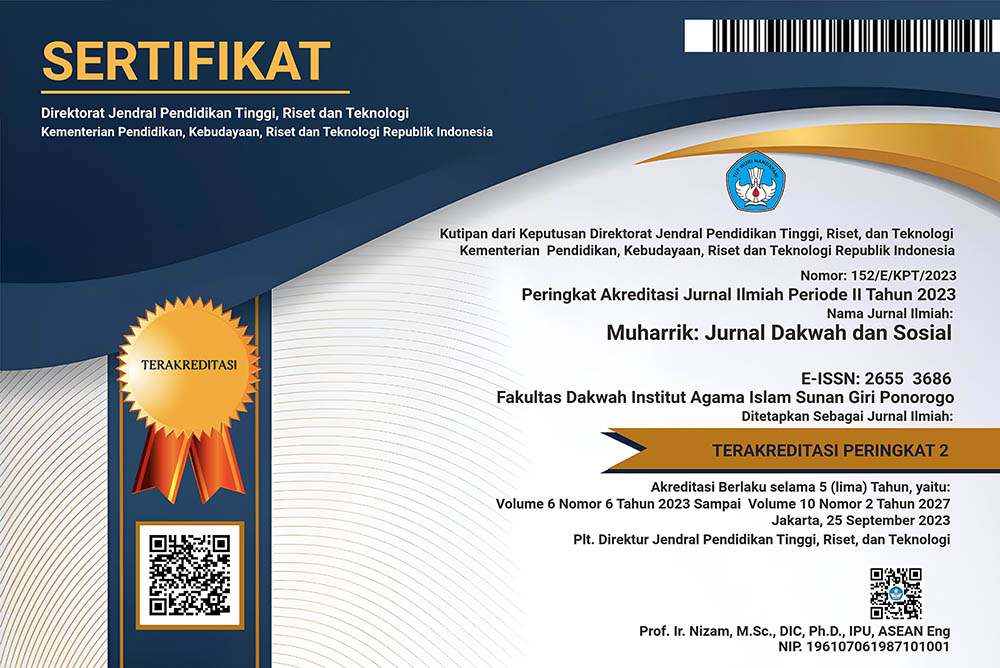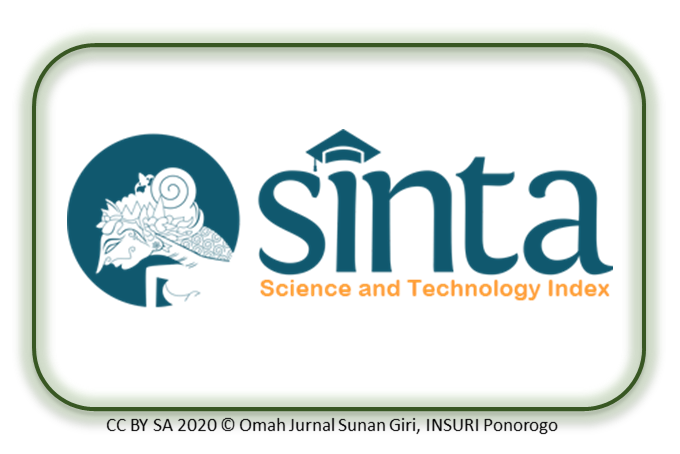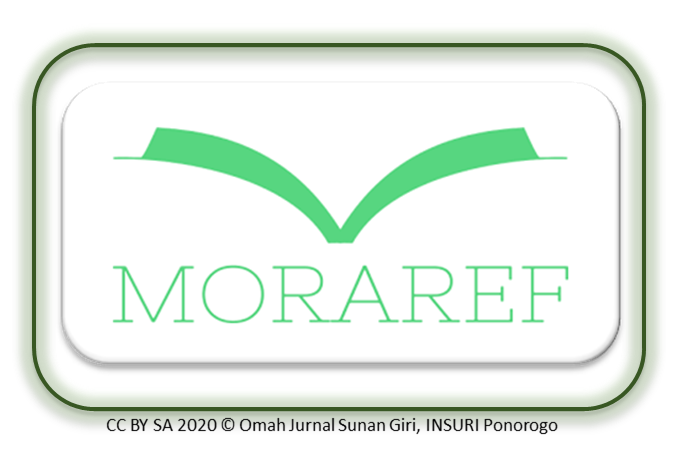Palembang's Spiritual Renaissance: Qodiriyah wa Naqsabandiyah Tariqat and Islamic Da'wah Evolution
Keywords:
Qodiriyah wa Naqsabandiyah, Tariqat's teachings, Islamic Da;wah, EvolutionAbstract
This research examines the Qodiriyah wa Naqsabandiyah Tariqat's teachings in Palembang, focusing on the individuals responsible for preserving these teachings, their roles, and the impact of these teachings on education, social life, and religious culture within the Palembang Muslim community. The study employs a case study research model conducted at Subulussalam Islamic Boarding School and Aulia Cendekia Palembang. Data were gathered through observations, interviews, and document analysis, with qualitative analysis performed using Miles and Huberman's techniques. The research utilizes a sociological perspective, applying continuity and change theory to explore the development of the Qodiriyah wa Naqsabandiyah order from a social standpoint, including influential figures, teachings, and networks. Key findings indicate that the Qodiriyah wa Naqsabandiyah teachings in Palembang encompass tanbih, tawassul, talqin, zikir, manaqiban, and khalwat. These teachings are a continuation of those from the Suryalaya Tasikmalaya Islamic Boarding School and the An-Nawawi Berjan Purworejo Islamic Boarding School, propagated by figures such as Kiyai As'ad Balkhi, Kiyai Imam Syarkowi, Kiyai Yuda Mulya Angga Sasmita, Kiyai Zaki Mubarak, and Kiyai Hendra Zainuddin. The significance of the Qodiriyah wa Naqsabandiyah Order lies in its role in religious education, aiming to produce spiritually adept students and enhance community spirituality and morality. Moreover, the article highlights specific TQN practices—tanbih, tawassul, talqin, zikir, manaqiban, and khalwat—which showcase the ongoing preservation of traditional elements within the Palembang Muslim community. At the same time, the research acknowledges changes in the Order’s role, particularly in how it adapts to contemporary religious education by emphasizing spirituality, moral development, religious moderation, and the revitalization of ascetic practices. The incorporation of TQN into institutional religious education and its influence on the NU-an tradition in Palembang reflect its evolving function in the local context. By applying continuity and change theory from a sociological perspective, the study successfully portrays the persistence of TQN's core teachings and the adaptations made to address contemporary spiritual and social needs, ensuring its relevance in the modern era.
Downloads
Published
Issue
Section
License
Copyright (c) 2024 Imron Taslim, Duski Ibrahim, Munir Munir

This work is licensed under a Creative Commons Attribution-NonCommercial 4.0 International License.
The author(s) retain/s the copyright and grant/s Muharrik: Jurnal Dakwah dan Sosial the first publication rights licensed under the Creative Commons Attribution-NonCommercial 4.0 International (CC BY-NC 4.0) , which allows others to access (search, read, download and quote), share (copy and redistribute the material in any media or format) and adapt (mix, modify and develop) works for legitimate non-commercial purposes, with recognition of the authorship of the work and its initial publication in this journal.












